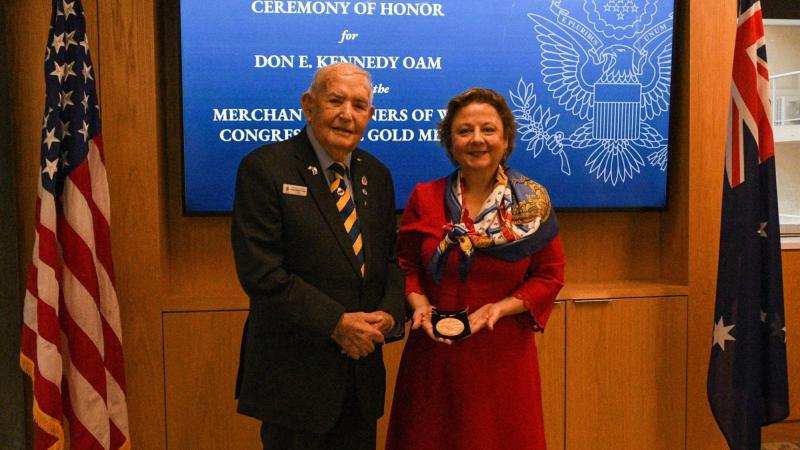Research into tailored treatments to prevent further heart problems resulting from exposure to air pollution and how the immune responses may lead to heart attacks and stroke will be explored thanks to grants awarded to Baker Institute scientists at the weekend.
Dr Quan Huynh and Dr Jonathan Noonan were awarded CSANZ-Bayer Young Investigator Research Grants to undertake novel research that is critically needed to tackle Australia’s biggest killer, cardiovascular disease (CVD). The grants come as Melbourne research this week highlighted that heart disease and stroke mortality rates have almost stopped declining in many high-income countries including Australia, and are increasing in some countries.
Dr Huynh aims to understand the mechanisms at play between air pollution and people with heart conditions such as heart failure, to better tailor treatment for these patients and reduce re-admission to hospital.
We know air pollution has wide-ranging detrimental impacts on human health and is widely accepted as an important stimulus for respiratory diseases however, there is low awareness about its impact on heart disease. Research shows both long-term and short-term exposure to air pollution is associated with increased risk of death from heart disease. This research will also investigate possible interventions to reduce the effects of exposure to air pollution on cardiovascular health — which remain unknown.
Dr Huynh recently conducted a sample of heart failure patients in Tasmania — which has some of the world’s cleanest air. The findings showed the air quality threshold linked to heart failure is below that of World Health Organisation and Australian standards. This is concerning as heart failure is already a leading cause of hospitalisation and directly costs the country more than $1 billion dollars every year.
Dr Noonan will explore the ‘dark side’ of the immune system — what happens when our immune system stops protecting us from disease and starts damaging our cells and tissues, potentially causing or contributing to heart attack and stroke.
We know that manipulating the immune system when it’s under or over active can be incredibly effective for many types of disease, including cancer and autoimmunity, but less is known about how the immune system ‘misbehaves’ and contributes to heart disease. By better understanding this, Dr Noonan aims to define which immune pathways to target to reduce inflammation and prevent heart disease.
The Young Investigator Grants were presented in Adelaide at a scientific meeting of the Cardiac Society of Australia and New Zealand (CSANZ).
Professor Chris Semsarian, scientific Committee Chair, CSANZ said: “At CSANZ, we believe that continued support of novel research has a real potential to greatly enhance outcomes for patients with CVD. We are delighted to award the Young Investigator Grants in partnership with Bayer to facilitate investigations into how internal and external factors can impact what we know about CVD, which could ultimately lead to improved prevention and management of the disease.”
“We have come a long way in the management of CVD, but we recognise that there is still more to do to address the growing burden of the disease in Australia. We’re delighted to partner with CSANZ to award two great talents our Young Investigator Grants and we look forward to seeing how the results contribute to the solution for tackling CVD in the future,” said Ashraf Al-Ouf, Bayer Pharmaceuticals Australia and New Zealand General Manager.








